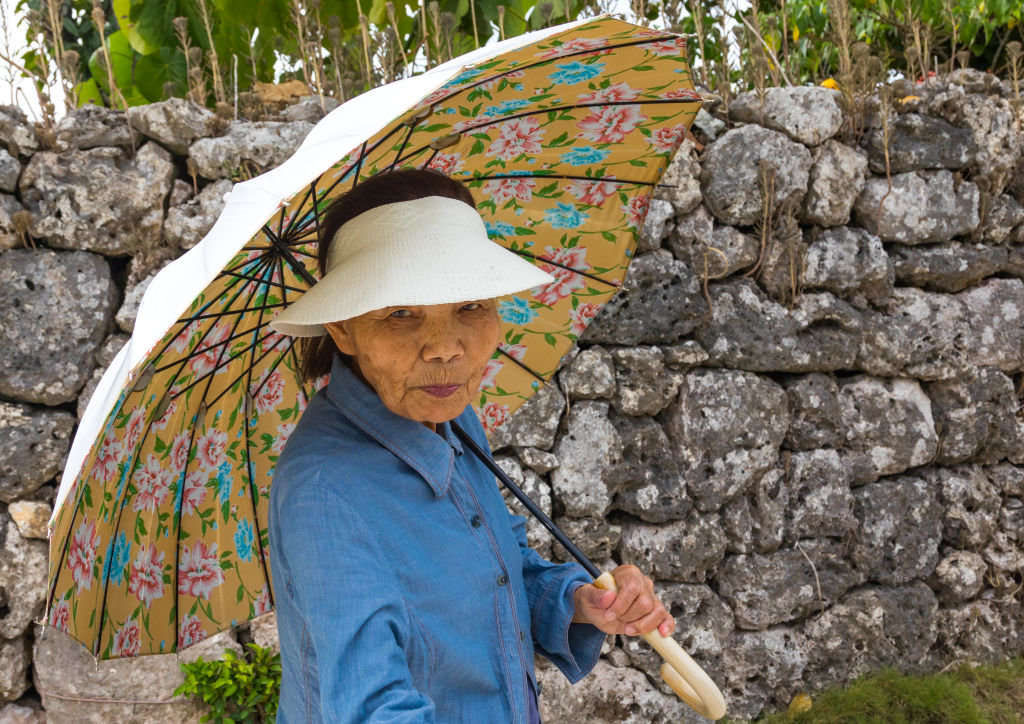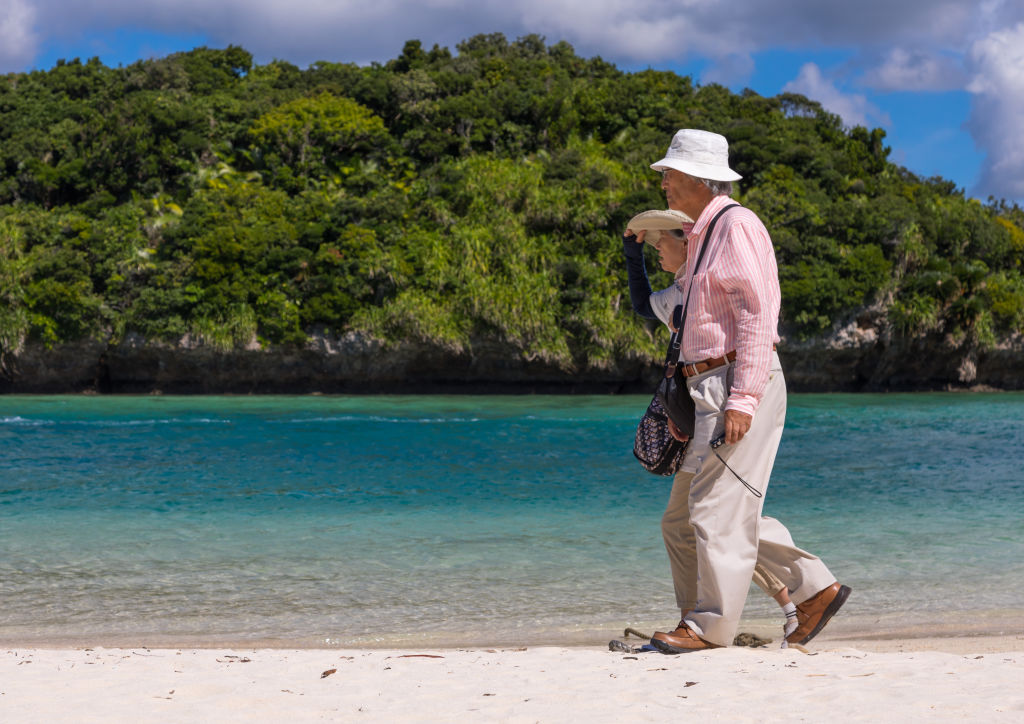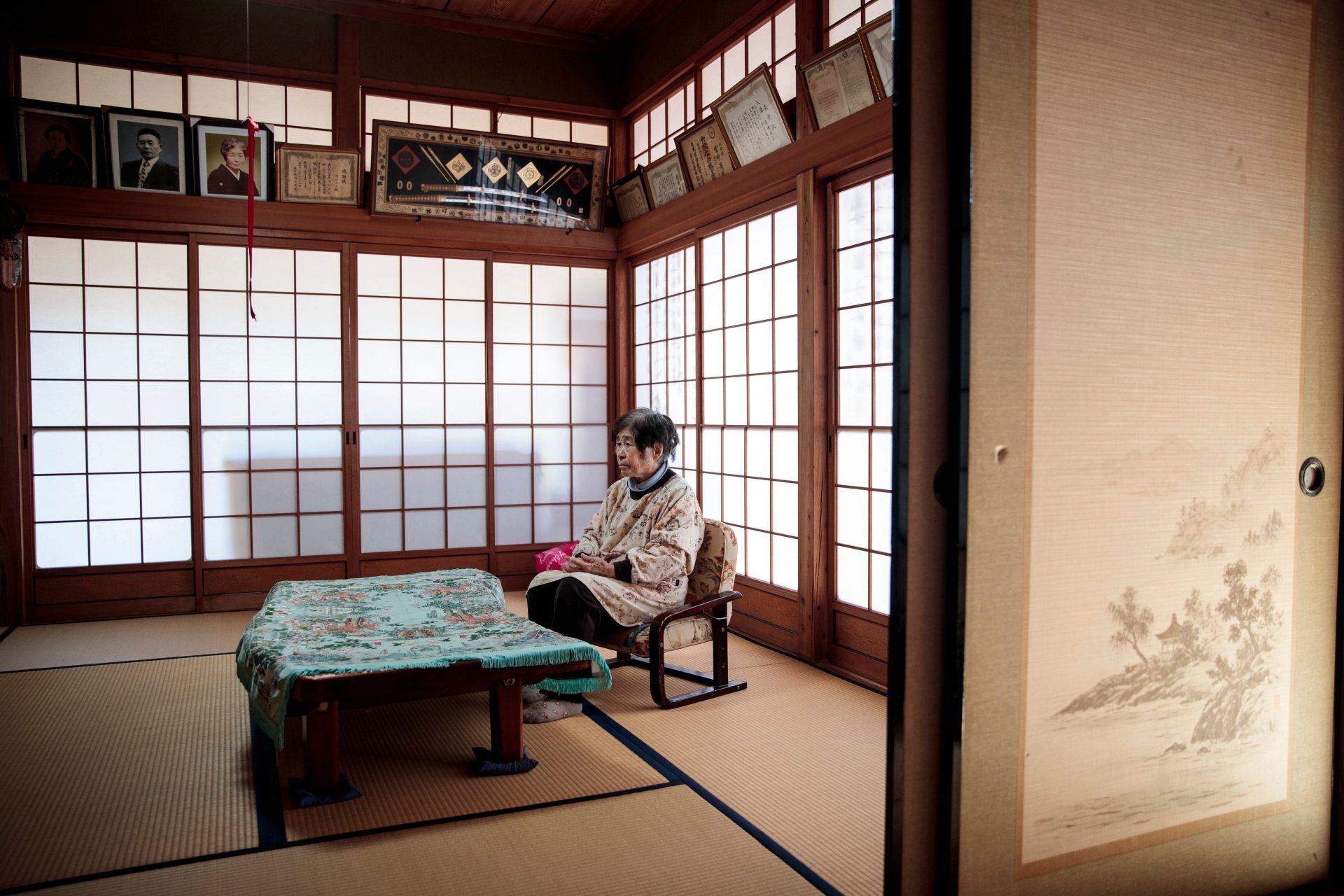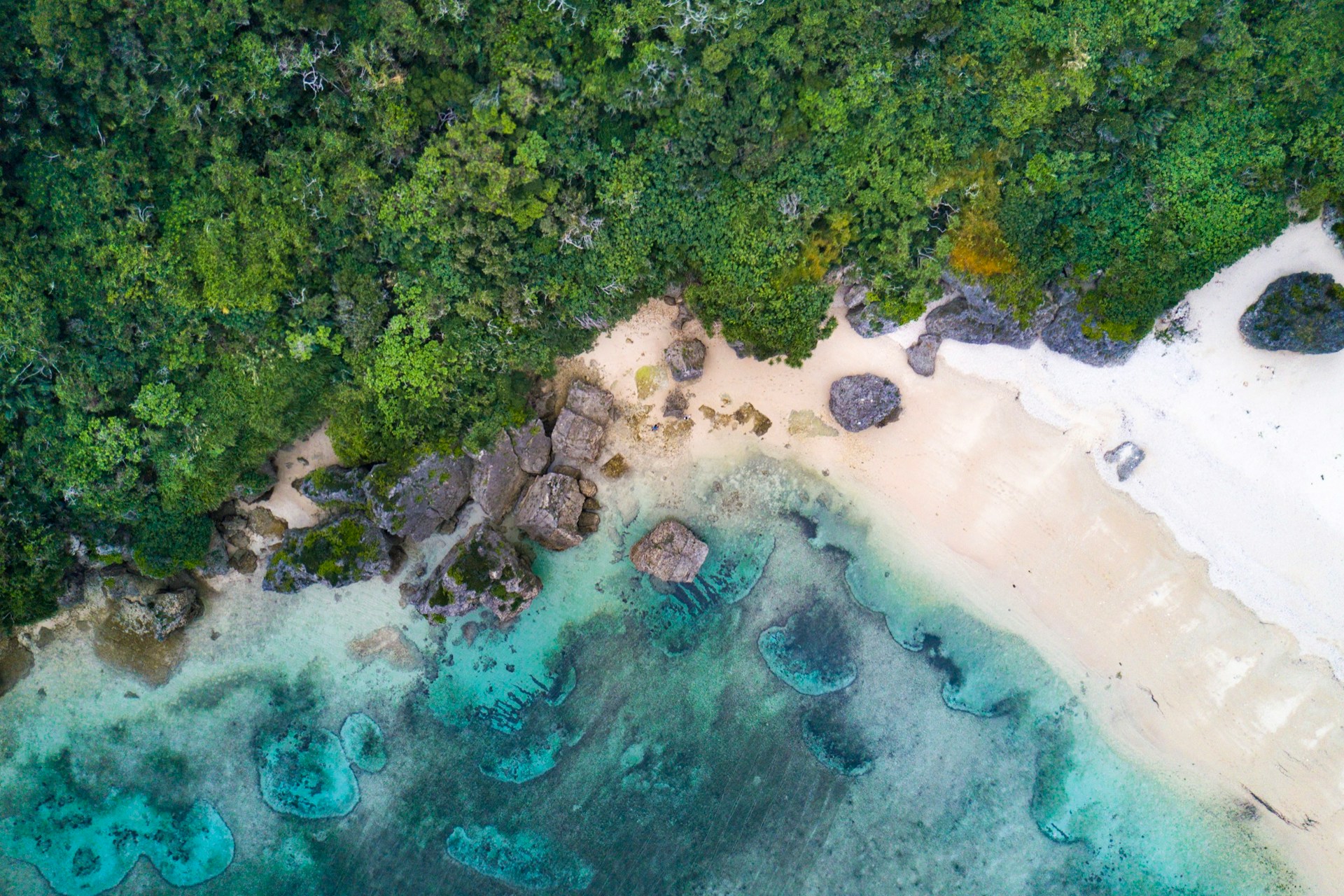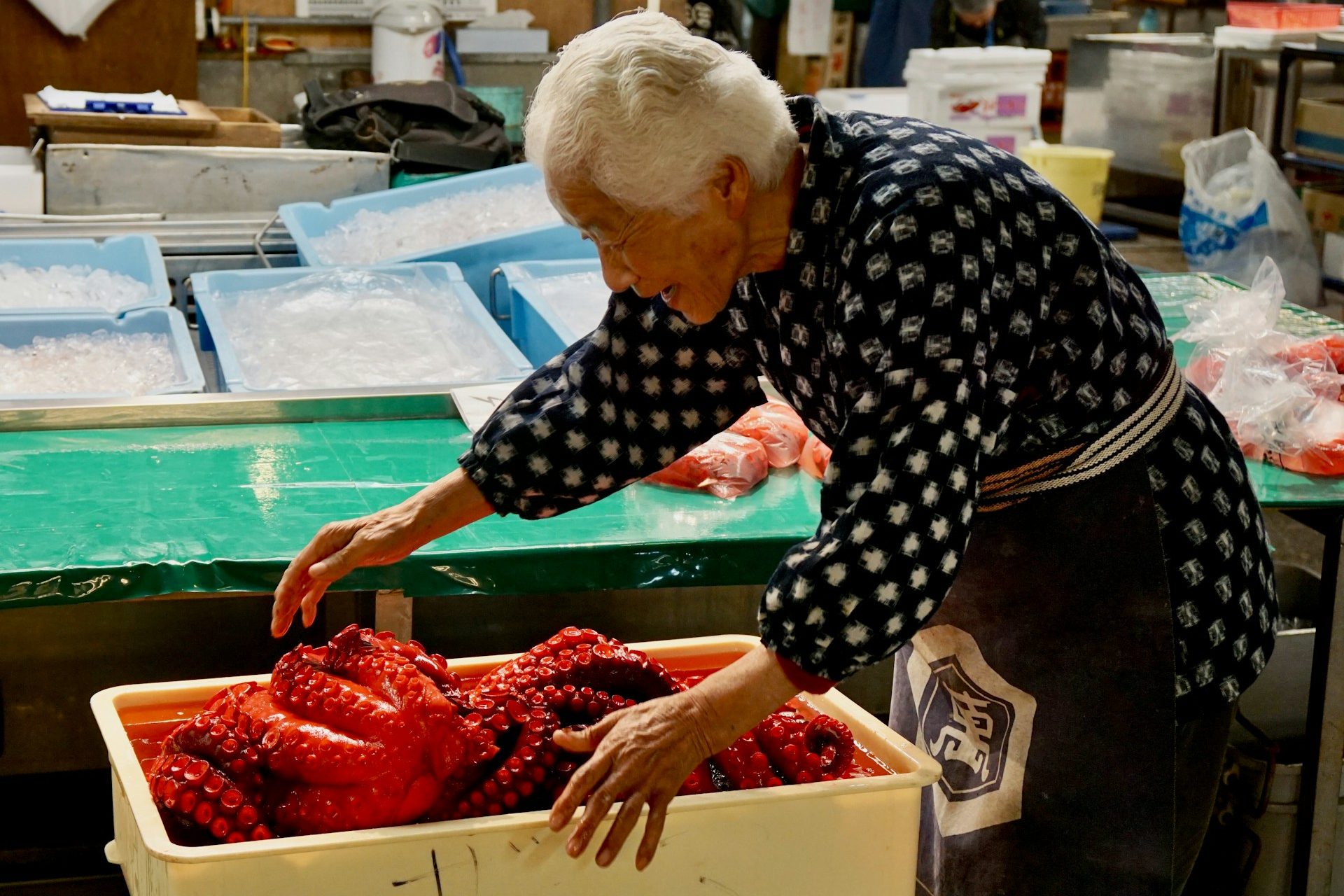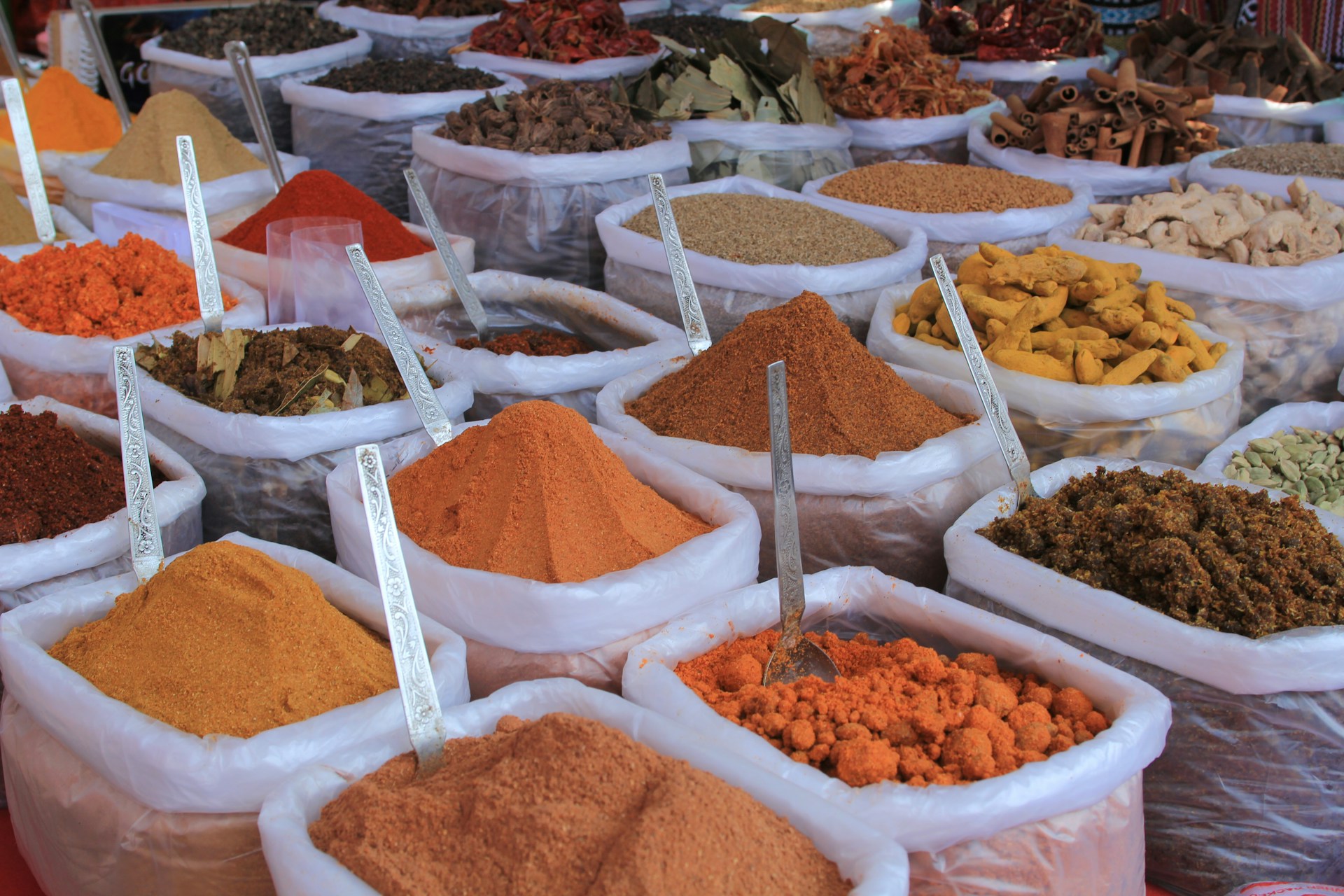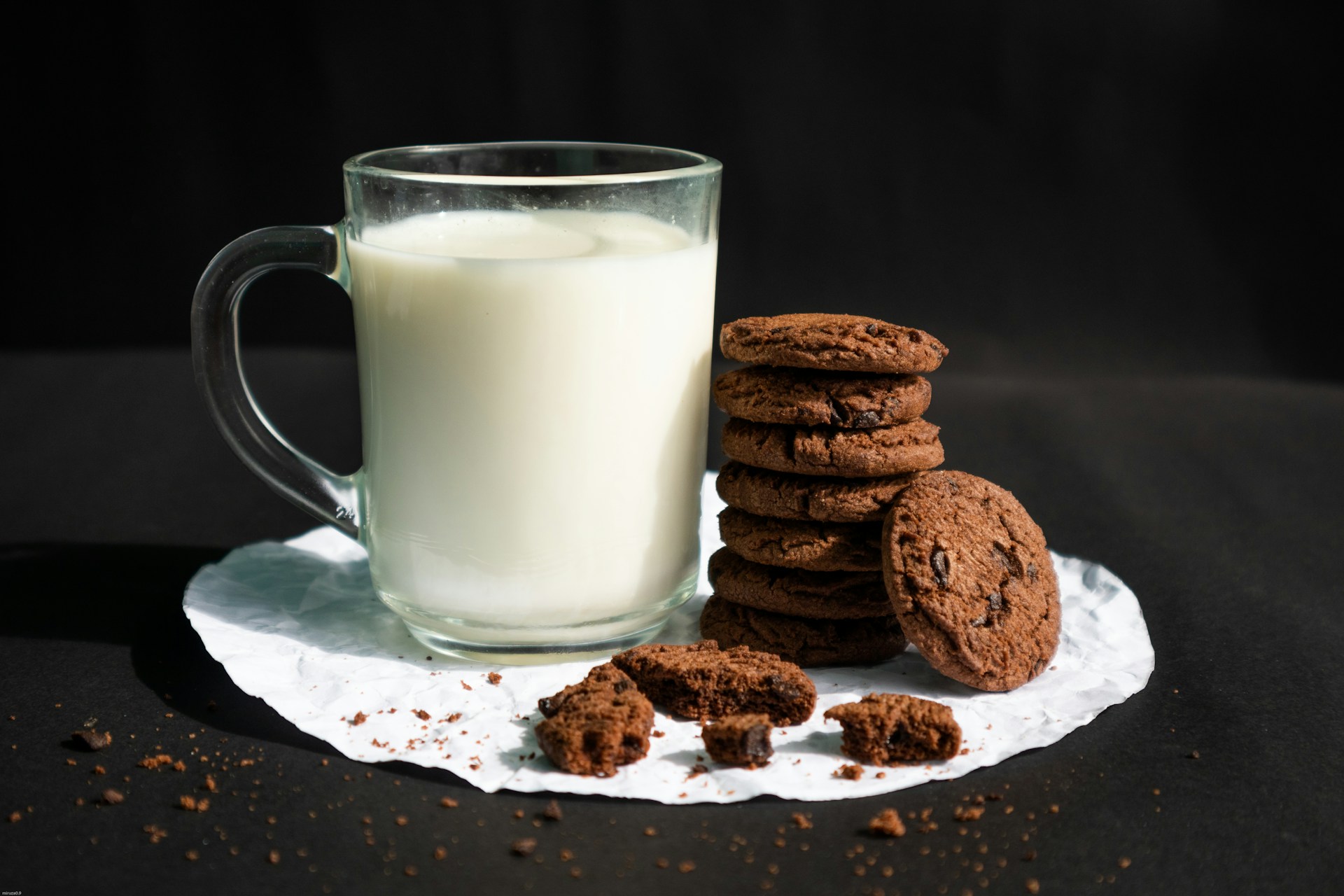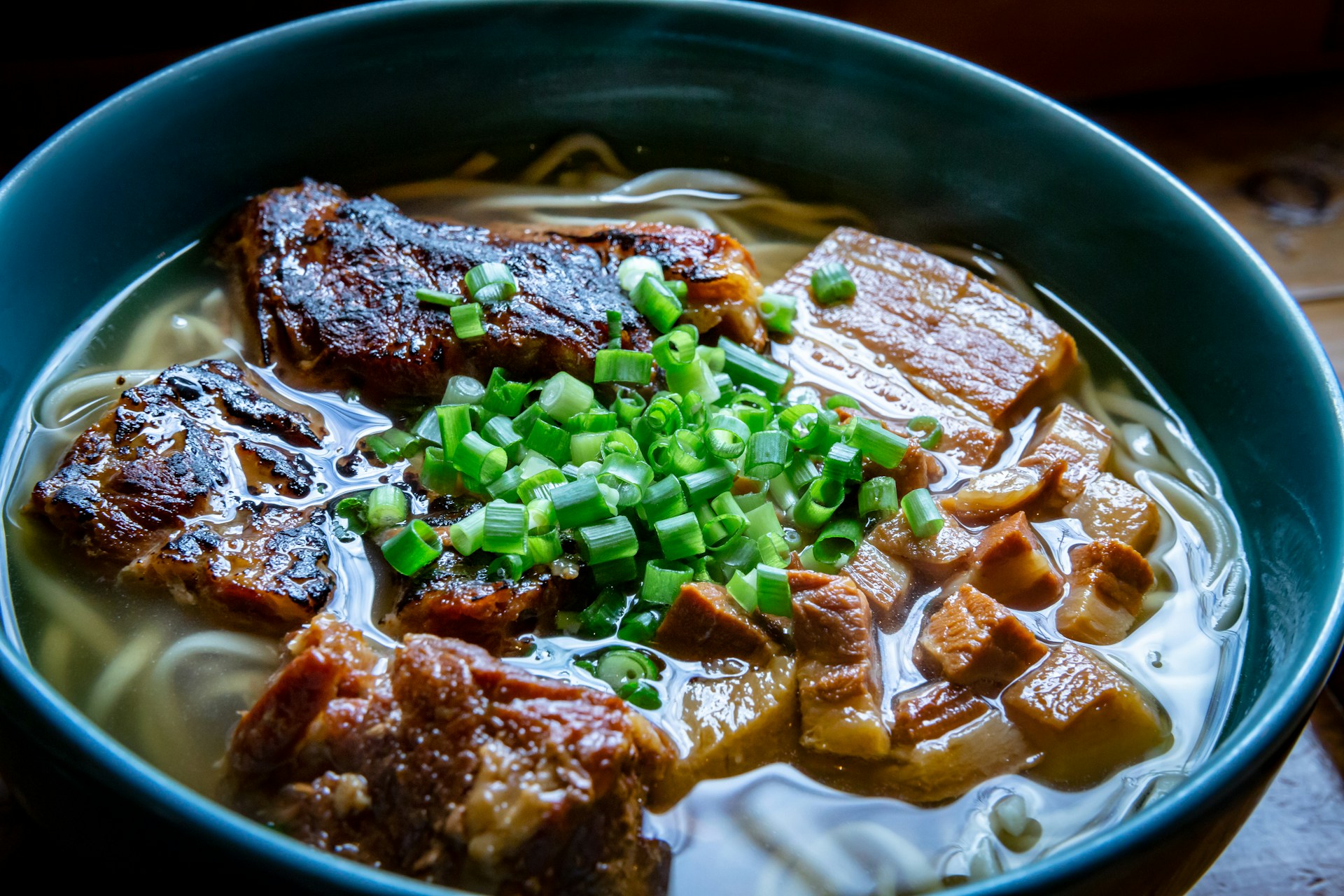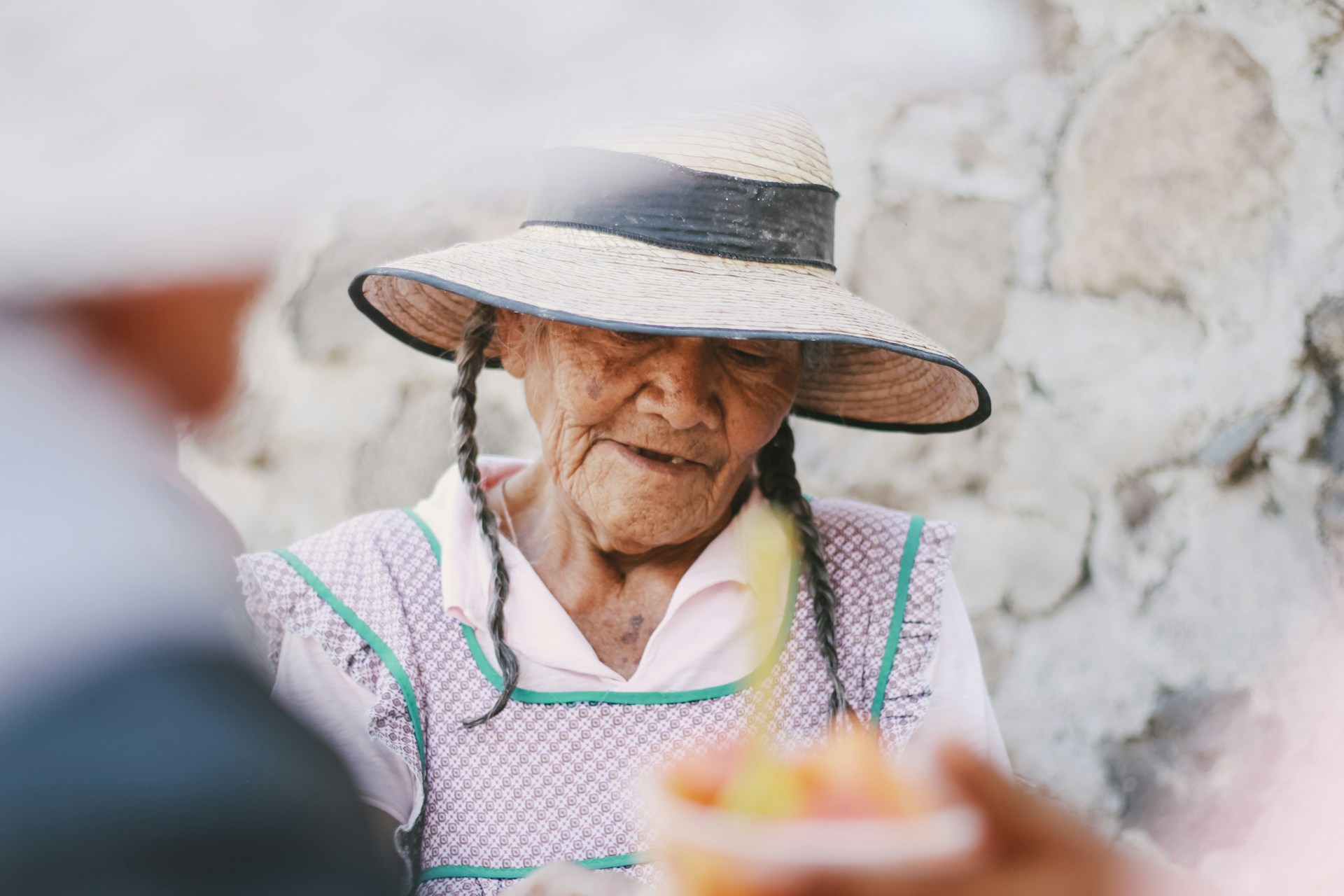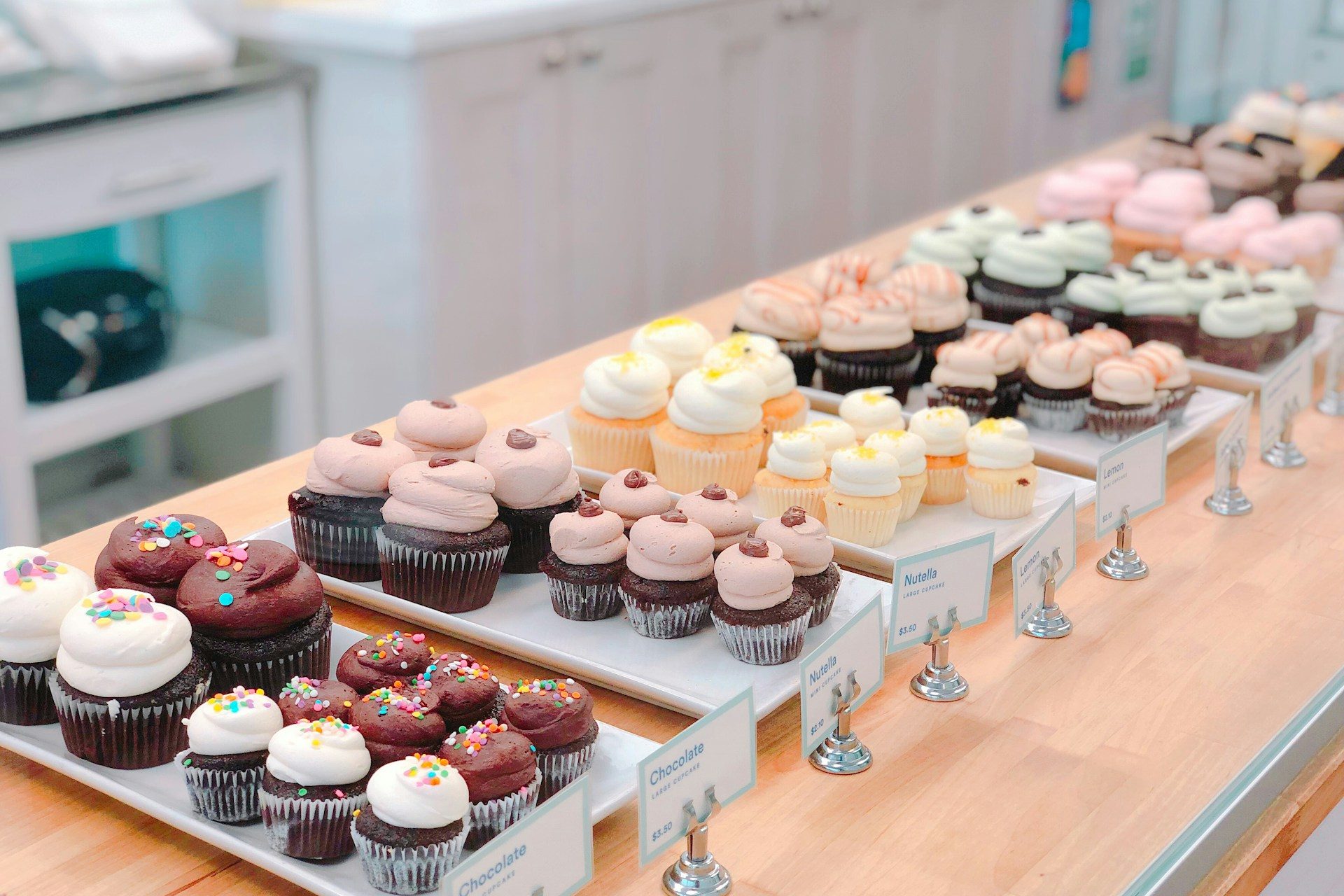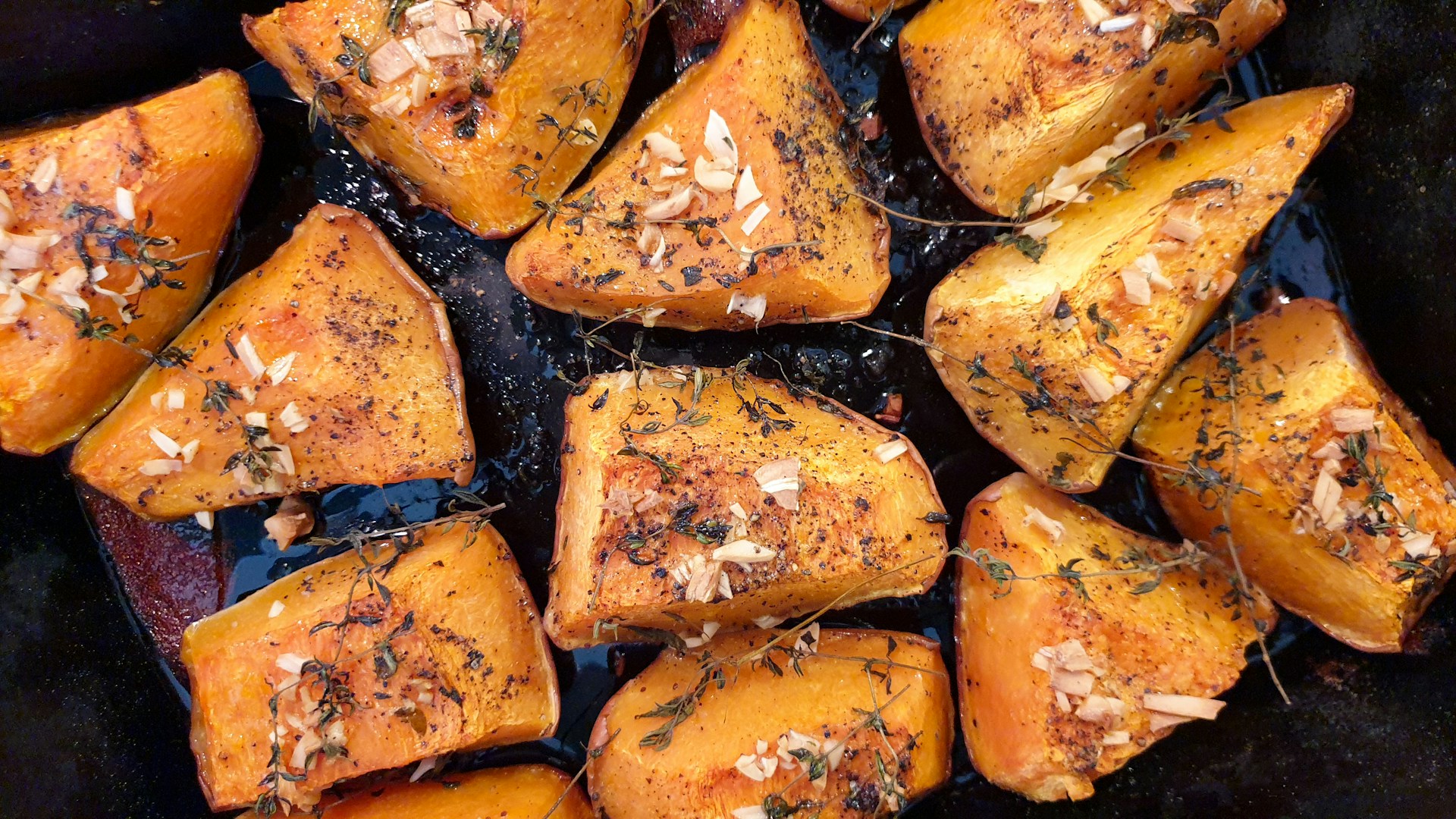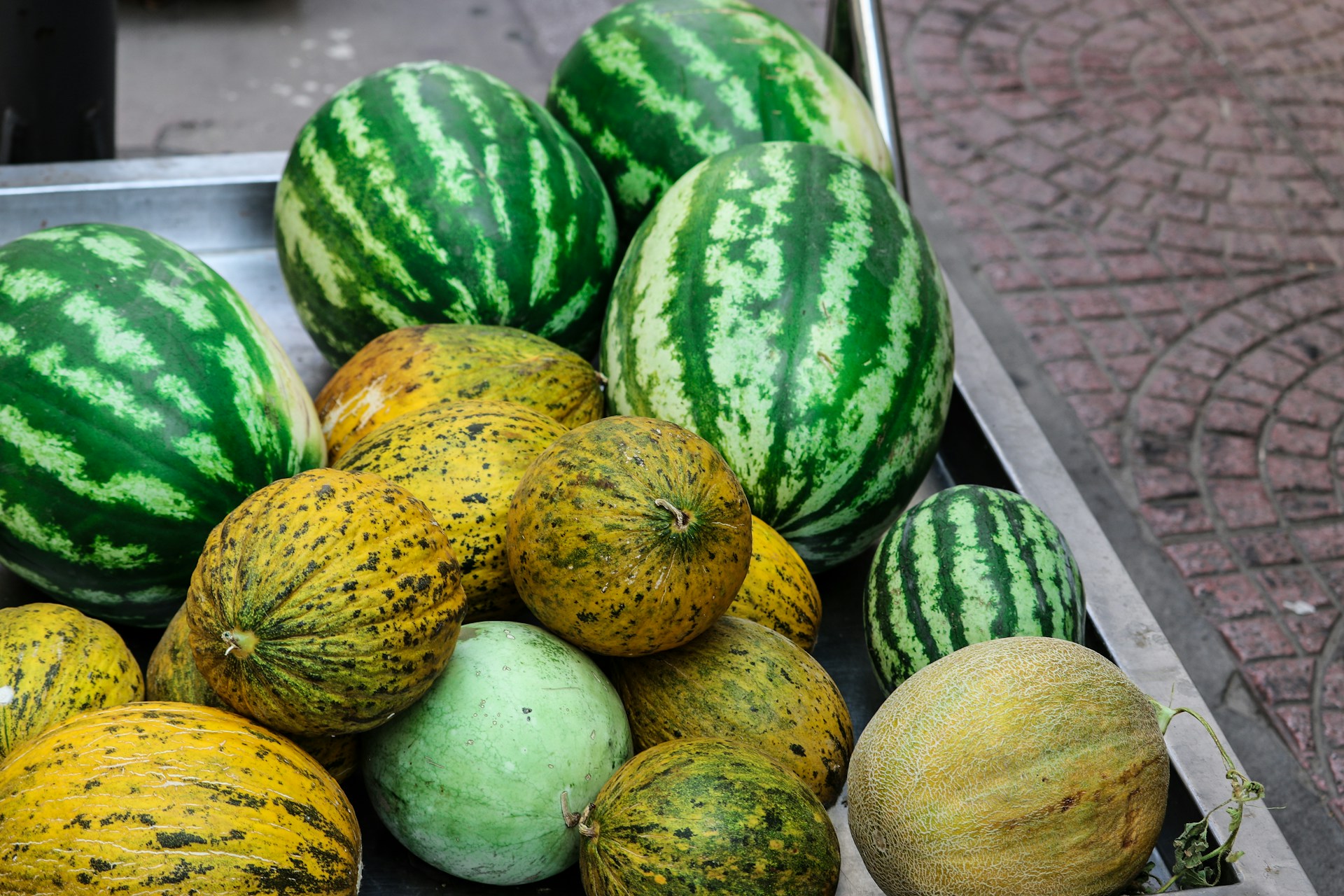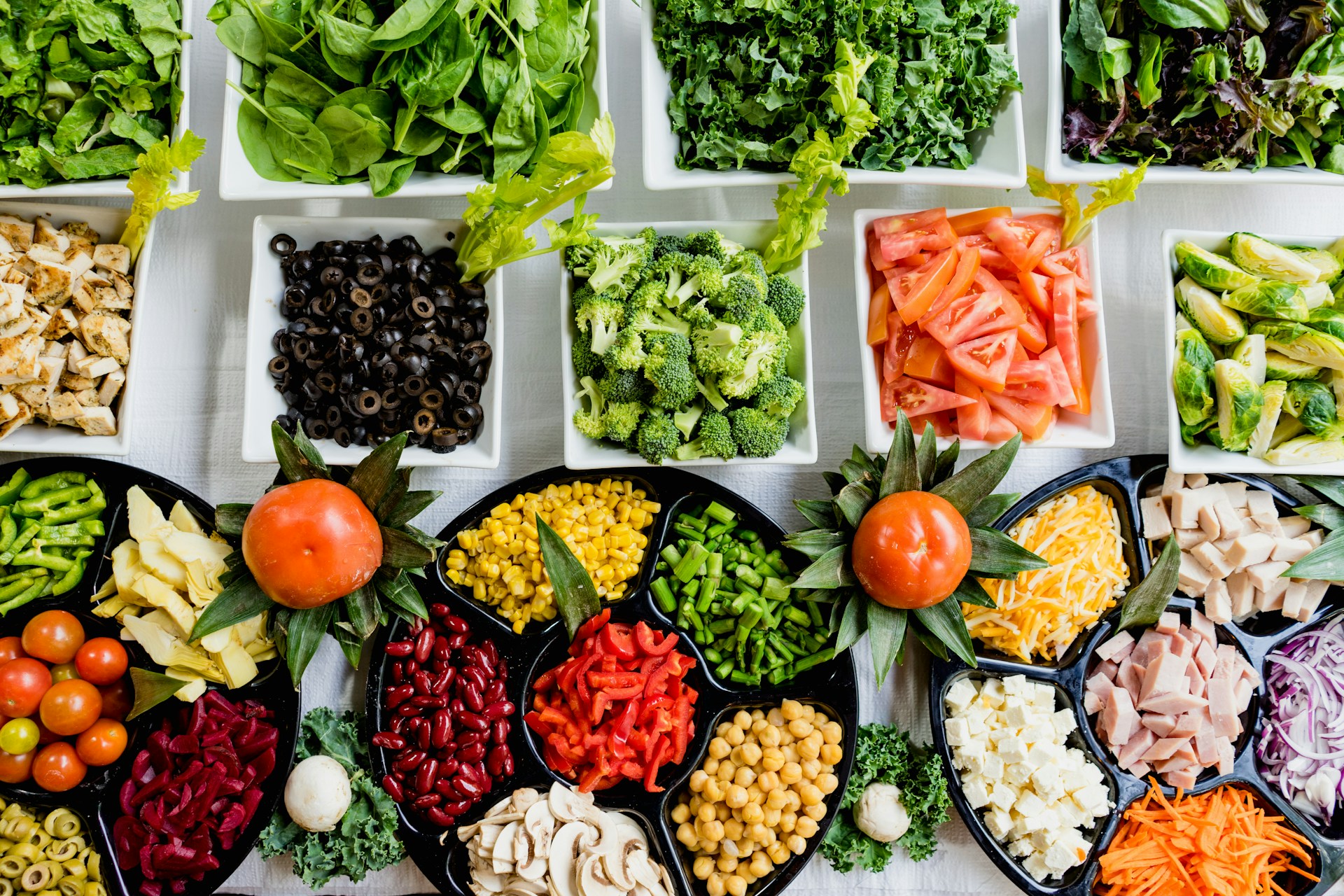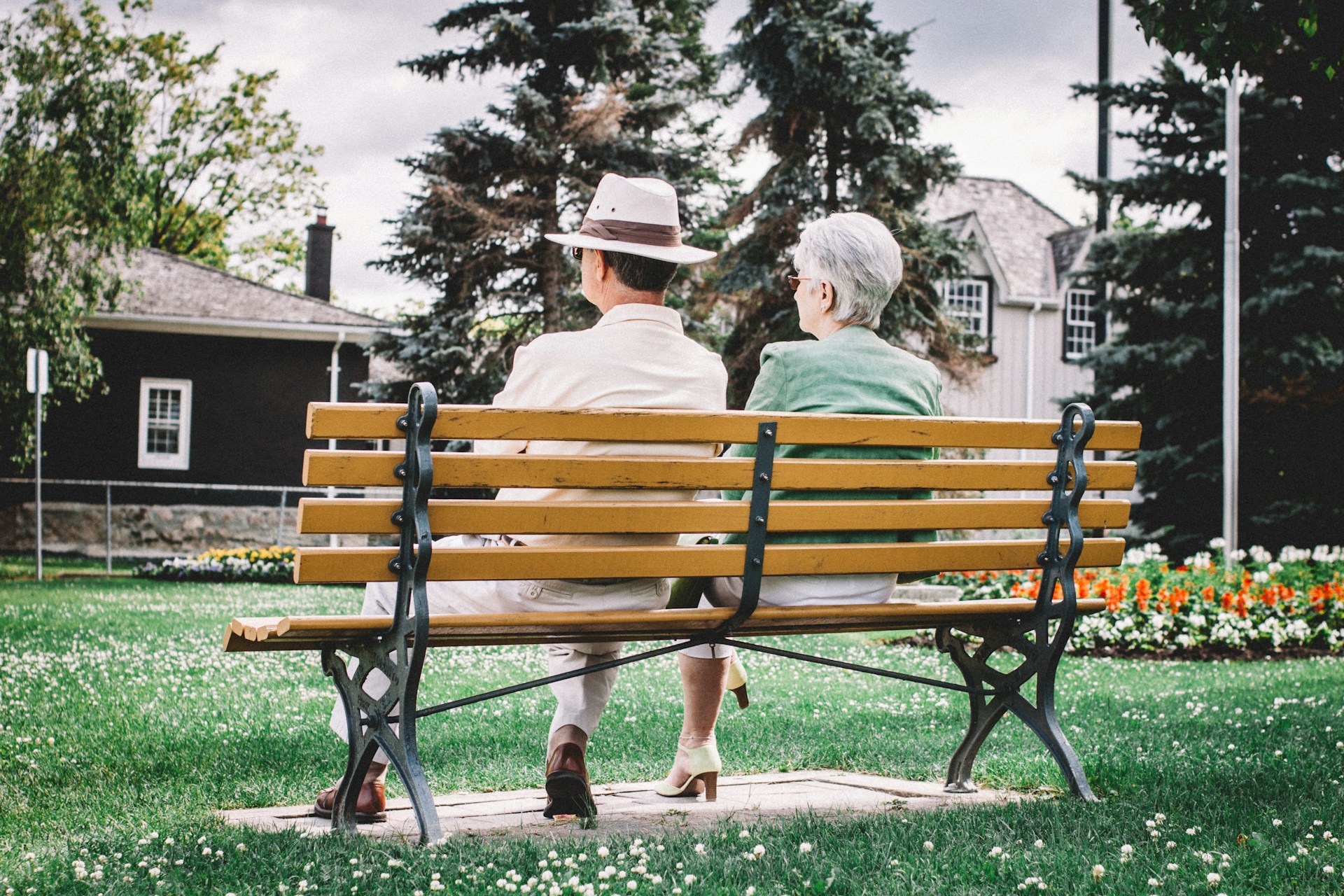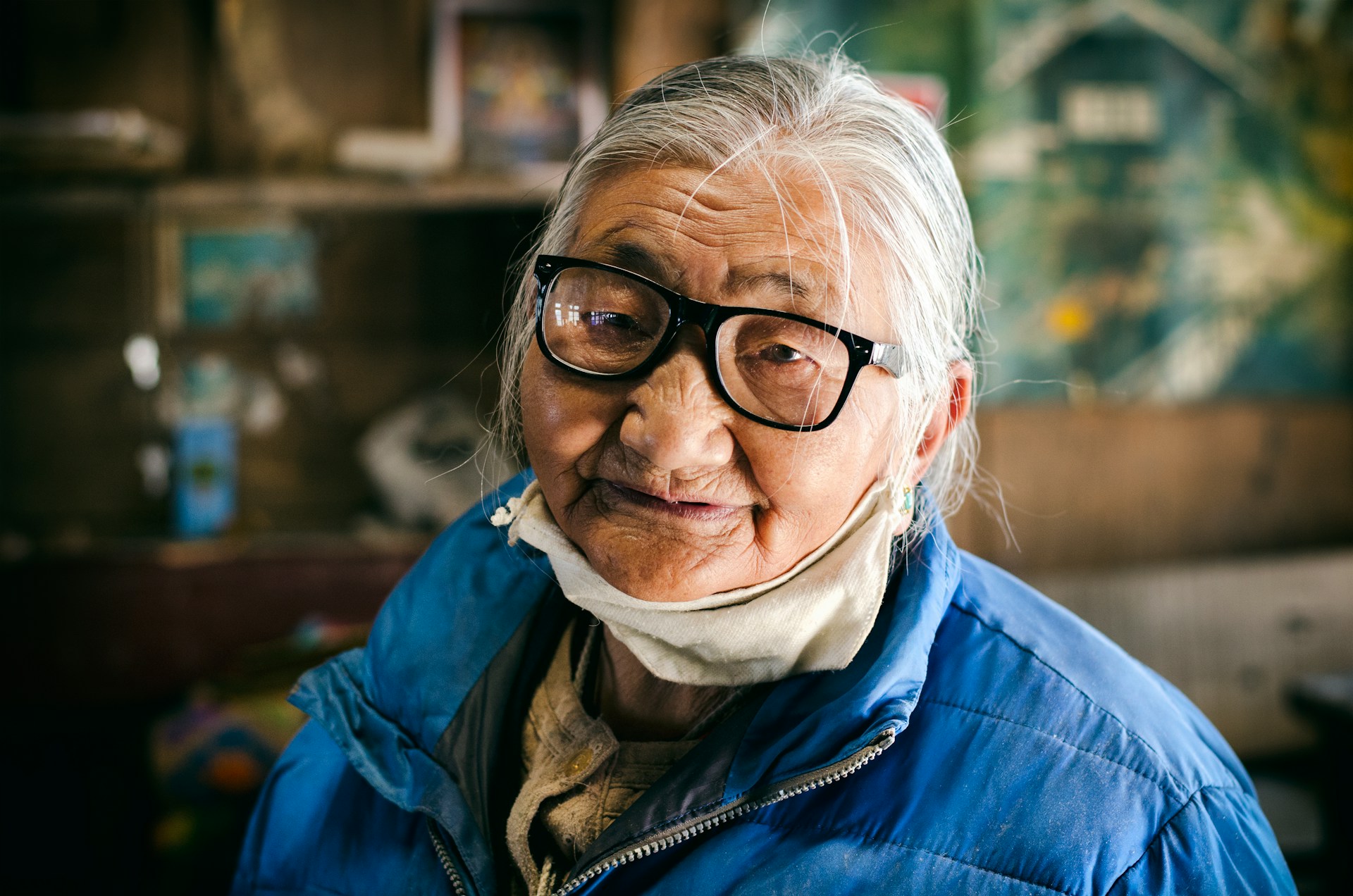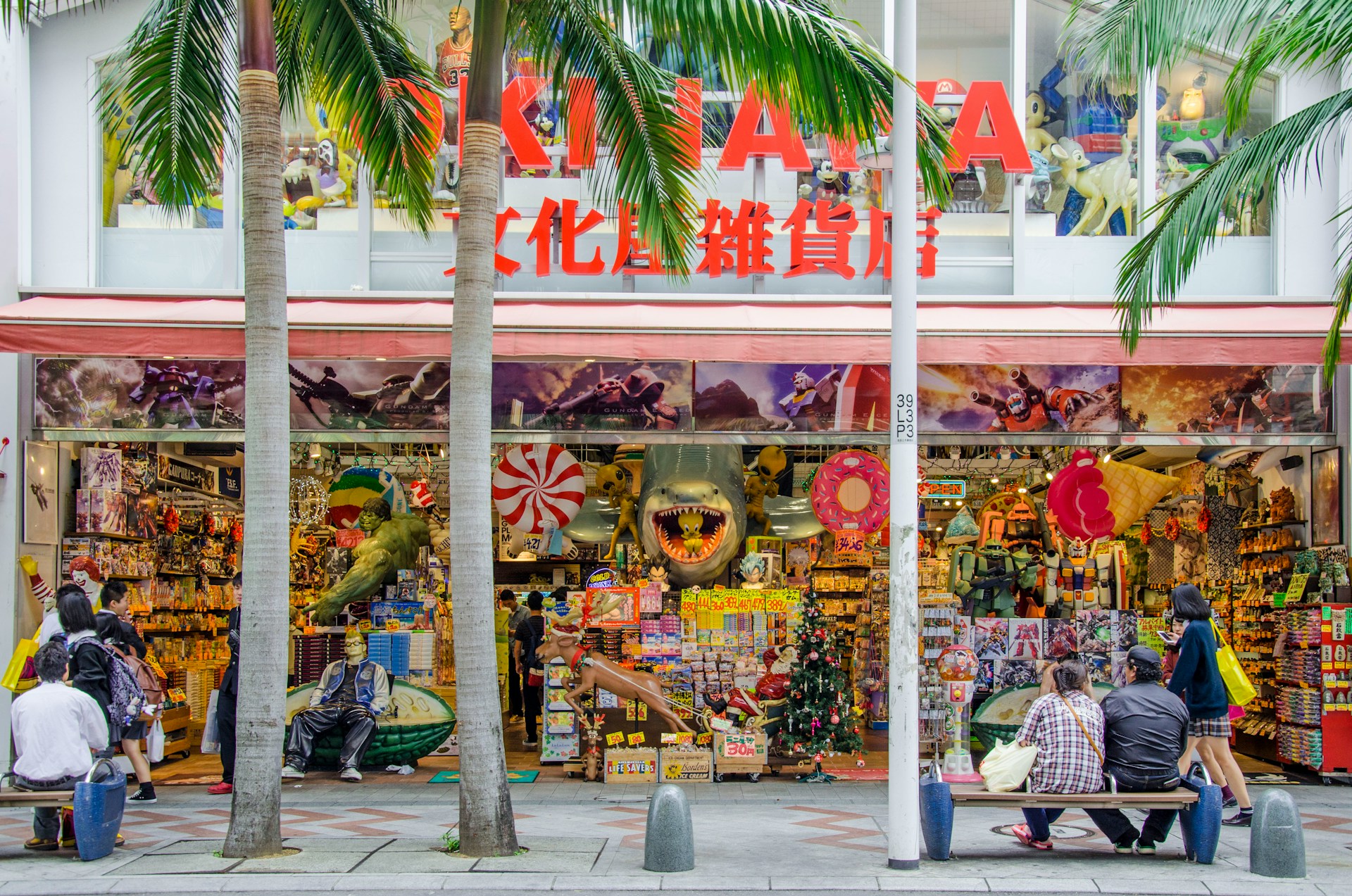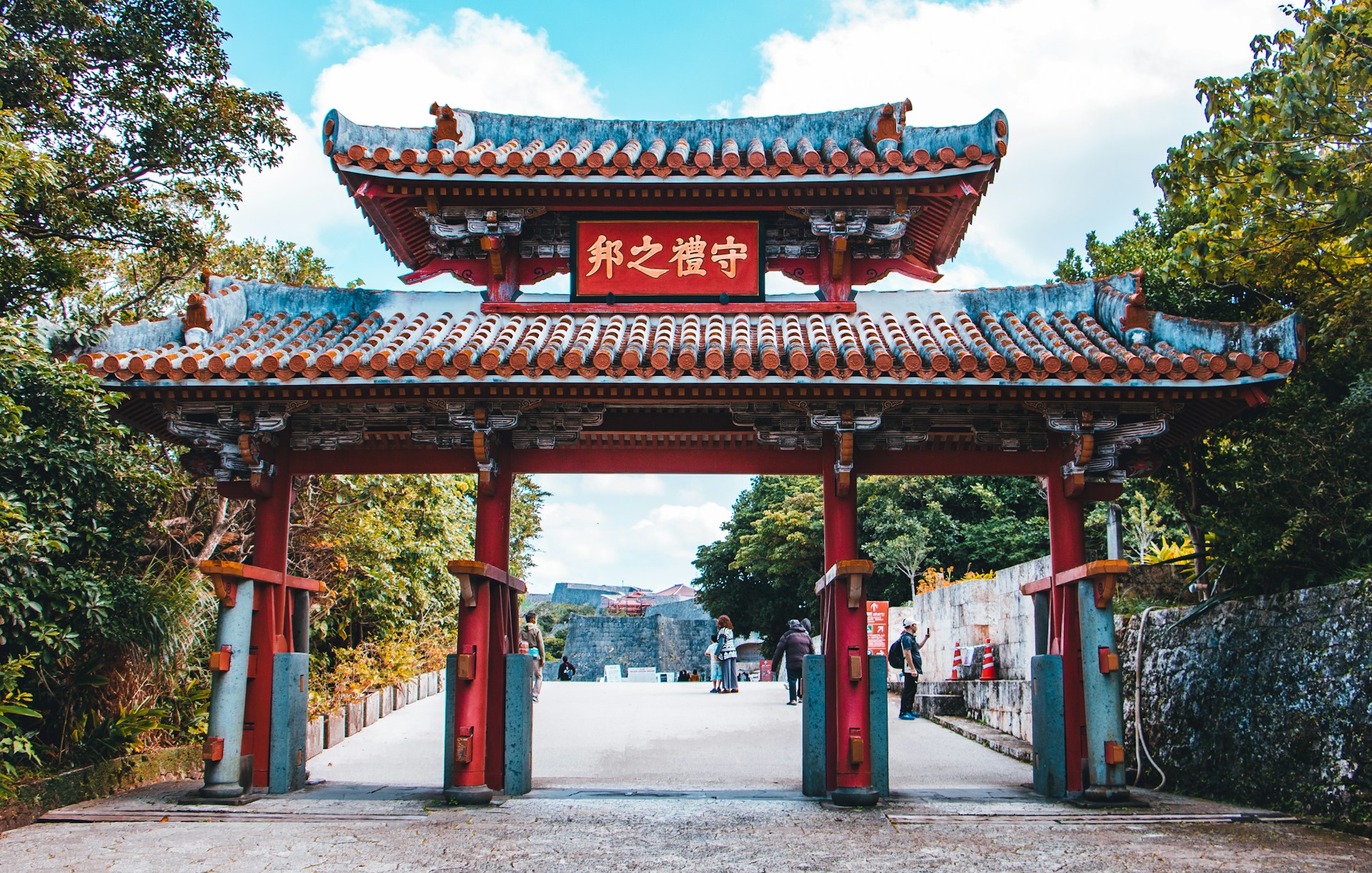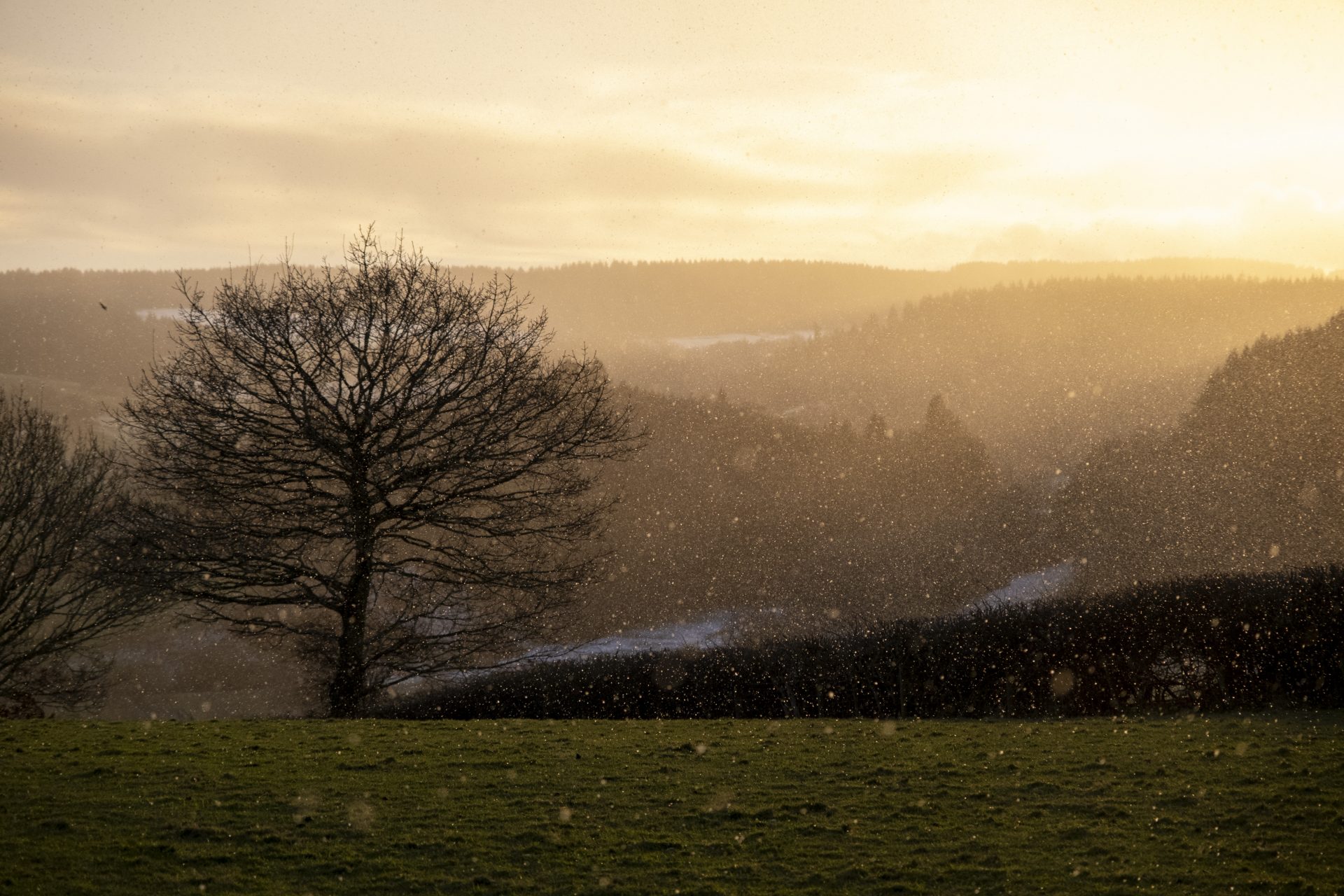Longevity secrets from Japan’s oldest citizens
Okinawa, Japan is one of five ‘Blue Zones’ around the world, and home to the longest-lived women, according to researcher Dan Buettner.
For every 100,000 residents, Okinawa has 68 centenarians, which is more than three times the number found in US populations of the same size, according to a 2016 study.
They also experience only a fifth of the rate of cardiovascular disease, breast and prostate cancers, and less than half the rate of dementia than their American counterparts, Buettner said in his book "The Blue Zones Solution." So, what’s their secret to good health and longevity?
For life expectancy in Okinawa to be so high, in addition to diet, other factors such as climate, environment, and the healthy lifestyle of its inhabitants or genetics itself have an influence.
Photo: Unsplash - Ryo Yoshitake
However, the inhabitants of the Japanese island have made it clear that food is key to living as long as possible and they take extreme care of their diet.
Photo: Unsplash - Beth MacDonald
The Okinawan diet is based on vegetables, soybeans and medicinal plants such as turmeric or mugwort. Added to this are foods that they occasionally consume such as fish, seafood, lean meat, seaweed or fruits.
Photo: Unsplash - Nikoli Afina
What they don’t eat also matters, such as refined sugars, ultra-processed food, sausages, nuts, poultry, many seeds or dairy products.
Photo: Unsplash - Mirza Mustofa
According to 'Heathline' this type of diet, low in calories and high in carbohydrates, is perfect for prolonging life expectancy as much as possible: 85% carbohydrates, 9% proteins and 6% fats. The ratio is 10:1 carbohydrates to protein. And the protein they eat is of animal origin, such as seafood or red meat.
Photo: Unsplash - Low Ural
According to the aforementioned media, this diet is ideal for controlling weight, but also for preventing diseases, as it is full of antioxidant foods. The question is, is this diet safe?
Photo: Unsplash - María Benítez
The answer is yes. And this is corroborated by a study published in the 'National Center for Biotechnology Information', which links the absence of saturated fats and sugars to living longer and better, since their consumption is associated with heart problems, obesity, diabetes or cancer.
Photo: Unsplash - Harper Nguyen
Follow us and discover content that interests you every day
There are two foods that make the difference between Okinawa and the rest of the world: sweet potatoes and bitter melon. Two common foods on the island and a key piece in an unusual longevity.
Photo: Unsplash - Henry Perks
On the one hand, the sweet potato provides fiber, calcium, potassium, carotenoids and vitamin C. Meanwhile, the melon prevents degenerative diseases, in addition to helping with constipation and reducing the risk of chronic diseases linked to aging.
Photo: Unsplash - Loren Joseph
On a comparative level, the closest thing to the Okinawa diet is the Mediterranean one, with the difference that Okinawa belongs to the 'Blue Zones', where the population lives the longest on average in the world.
Photo: Unsplash - Dan Gold
Today, Okinawa has the highest life expectancy in the world, with almost all of its inhabitants exceeding 90 years of age. The following places follow Okinawa in the longevity ranking: Icaria (Greece), Sardinia (Italy), Nicoya (Costa Rica) and Loma Linda (USA).
Photo: Unsplash - Ray S.
To complement their diet, the people of Okinawa also add other cultural and social elements that help raise life expectancy to unsuspected limits.
Photo: Unsplash - Seshadri Sarkar
For example, limiting the time of solitude, enhancing the circle of friends that each person shares until their old age. It is what they call 'moai' and is completed with 'yuimaru' which is the traditional practice of helping members of your community when they need it.
Photo: Unsplash - Julie Fader
Finally, Okinawans, usually have an ‘ikigai’, the Japanese word for ‘sense of purpose’. One 102 year-old man’s ikigai was two prize bulls he took care of every day, according to a World Economic Forum article. But another person’s ikigai might be family or faith.
Never miss a story! Click here to follow The Daily Digest.
Photo: Unsplash - Sho K.
More for you
Top Stories



